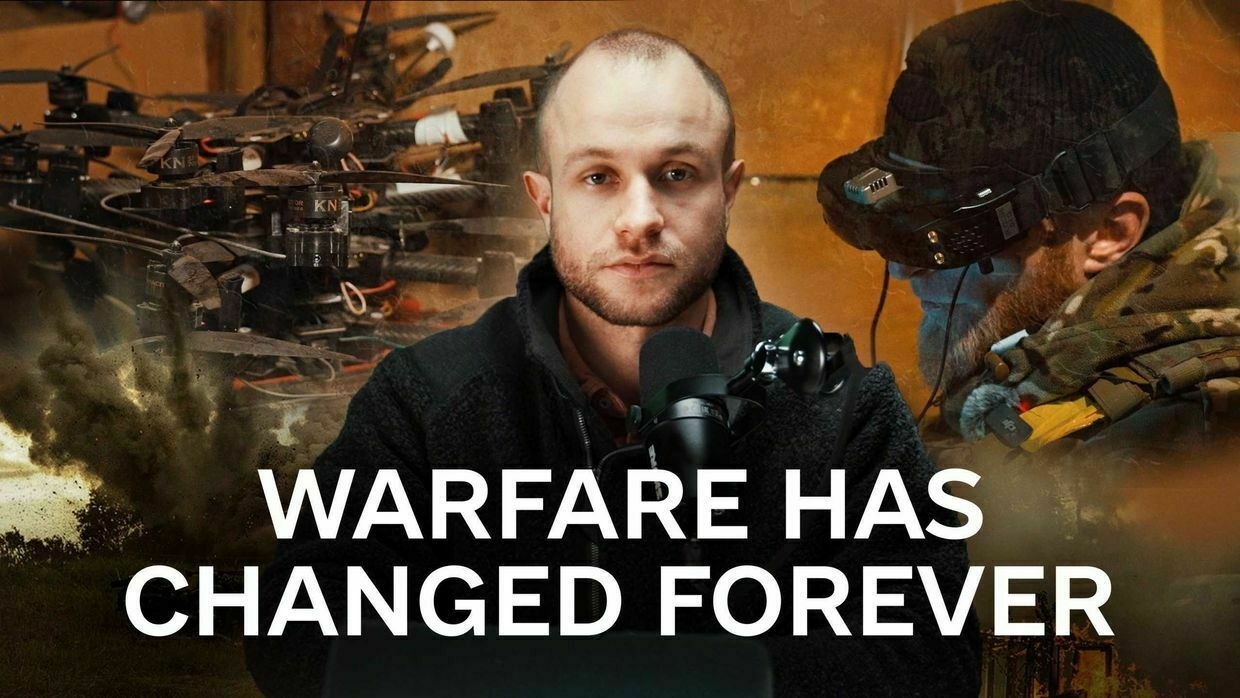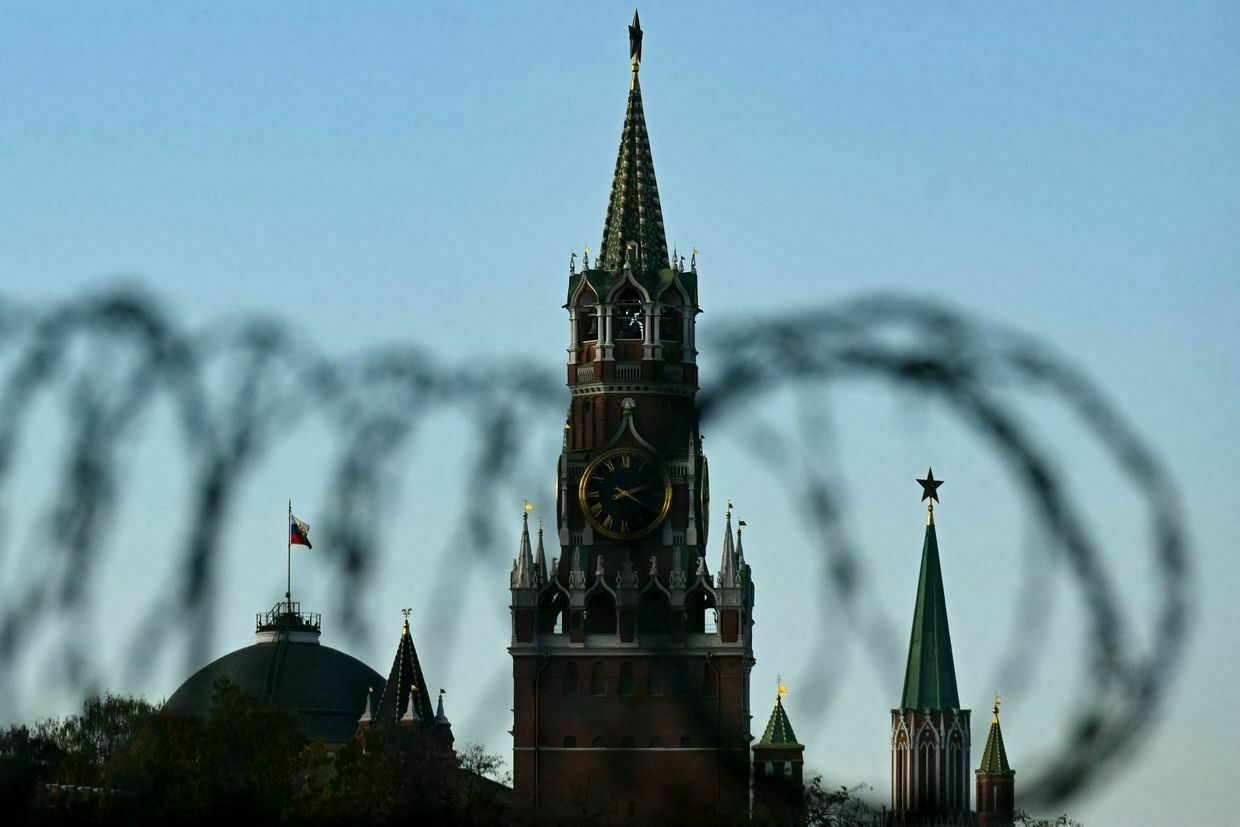
Russian officials and propagandists have chosen different strategies for dealing with the unprecedented Ukrainian drone attacks on Russian airfields that took place on June 1.
The Security Service of Ukraine (SBU) said that, as part of an operation dubbed Spiderweb, it had destroyed or damaged 41 Russian aircraft parked at the Belaya, Dyagilevo, Olenya, and Ivanovo air bases on June 1.
The Kyiv Independent could not independently verify the number of aircraft hit by the SBU.
Kyiv has claimed it had disabled 34% of Russia’s strategic bomber fleet in what is seen as one of the most daring operations during the full-scale war. The strike reportedly involved 117 drones launched from trucks hidden across Russian territory.
Russian top officials, including President Vladimir Putin, did not comment on the Ukrainian operation at all, while some pro-war propagandists tried to downplay its scale.
Other propagandists threatened to take revenge on Ukraine and the West by launching nuclear strikes and attacking airfields in NATO countries.
But some pro-war bloggers were more skeptical, saying that the attacks were a “Russian Pearl Harbor” — a reference to the devastating Japanese strikes on the U.S. naval base in Pearl Harbor, Hawaii, in 1941. These bloggers argued that the Russian authorities should not lie about the attacks and must draw conclusions to prevent similar incidents in the future.
“Russia’s nuclear threats don’t look serious after it became clear that you can deprive Russia of a large part of its nuclear potential using drones and trucks,” Russian anti-Kremlin columnist Sergei Parkhomenko told the Kyiv Independent in a reference to nuclear-capable strategic bombers allegedly destroyed by Ukraine.
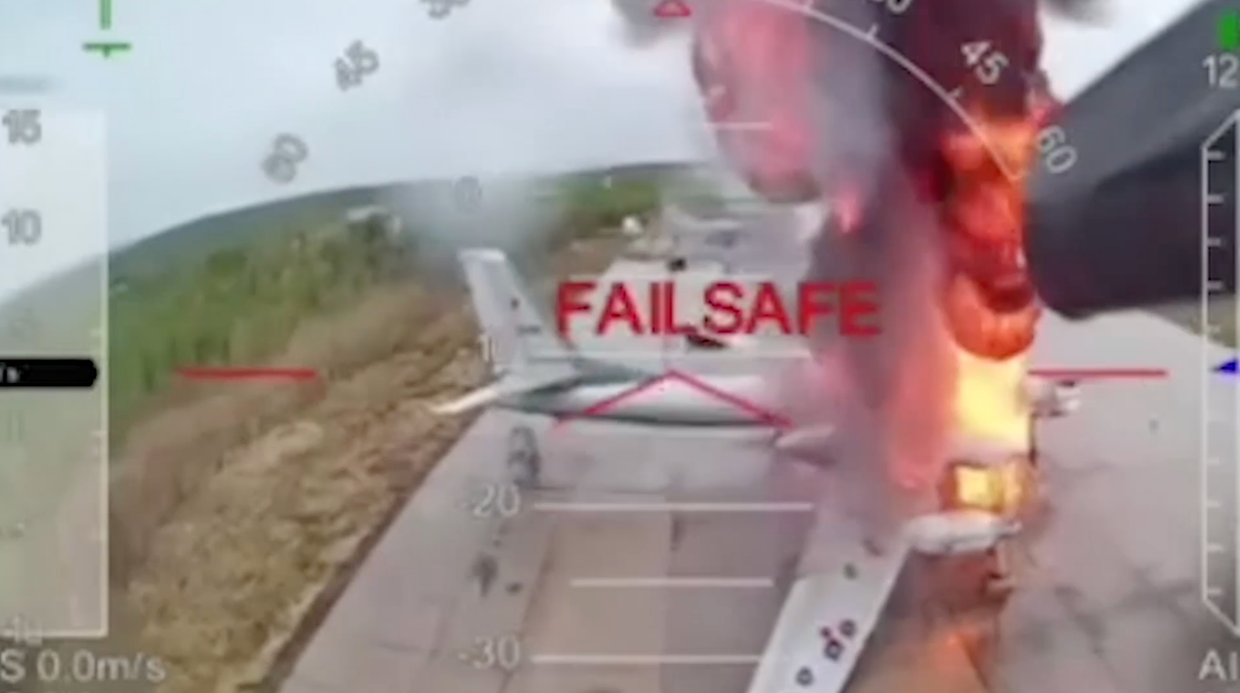
Downplaying attacks
Russia’s Defense Ministry presented the Ukrainian strikes as “a terrorist attack” by the “Kyiv regime” — an odd claim, given that the operation targeted exclusively military facilities, not civilians.
The ministry claimed that “all terrorist attacks were repelled” and that “several pieces of aircraft equipment caught fire."
“The fires have been extinguished,” the ministry said. “There are no casualties among military personnel or civilian staff."
The Defense Ministry also claimed that “some of the perpetrators of the attacks have been detained."
Some pro-war bloggers also chose to downplay the scale of the Ukrainian attacks.
“I spoke with people in the know, and they say that, while the reputational damage is certainly significant, the material loss is not,” pro-war propagandist Alexei Zhivov wrote on Telegram. “The forces and resources needed to continue the military campaign are available. Fundamentally, nothing will change."
He added that Ukrainian “bombardments can’t bring anyone to their knees."
 The Kyiv IndependentChris York
The Kyiv IndependentChris York
Issuing threats
One of the country’s top propagandists, Vladimir Solovyov, said during his TV show that the Ukrainian operation was “grounds for a nuclear attack” and called for conducting strikes on Ukraine’s president’s office on Bankova Street in Kyiv and airfields in Poland and Romania allegedly used by Ukrainian aircraft.
Commenting on the publication of footage from the Russian airfields by soldiers during the Ukrainian attacks, Solovyov called for introducing “the most severe military censorship” to crack down on such videos.
Margarita Simonyan, chief editor of the Kremlin’s English-language TV network Russia Today, said on Solovyov’s show that “revenge” for the Ukrainian attacks was “inevitable” and hinted that those responsible would be executed.
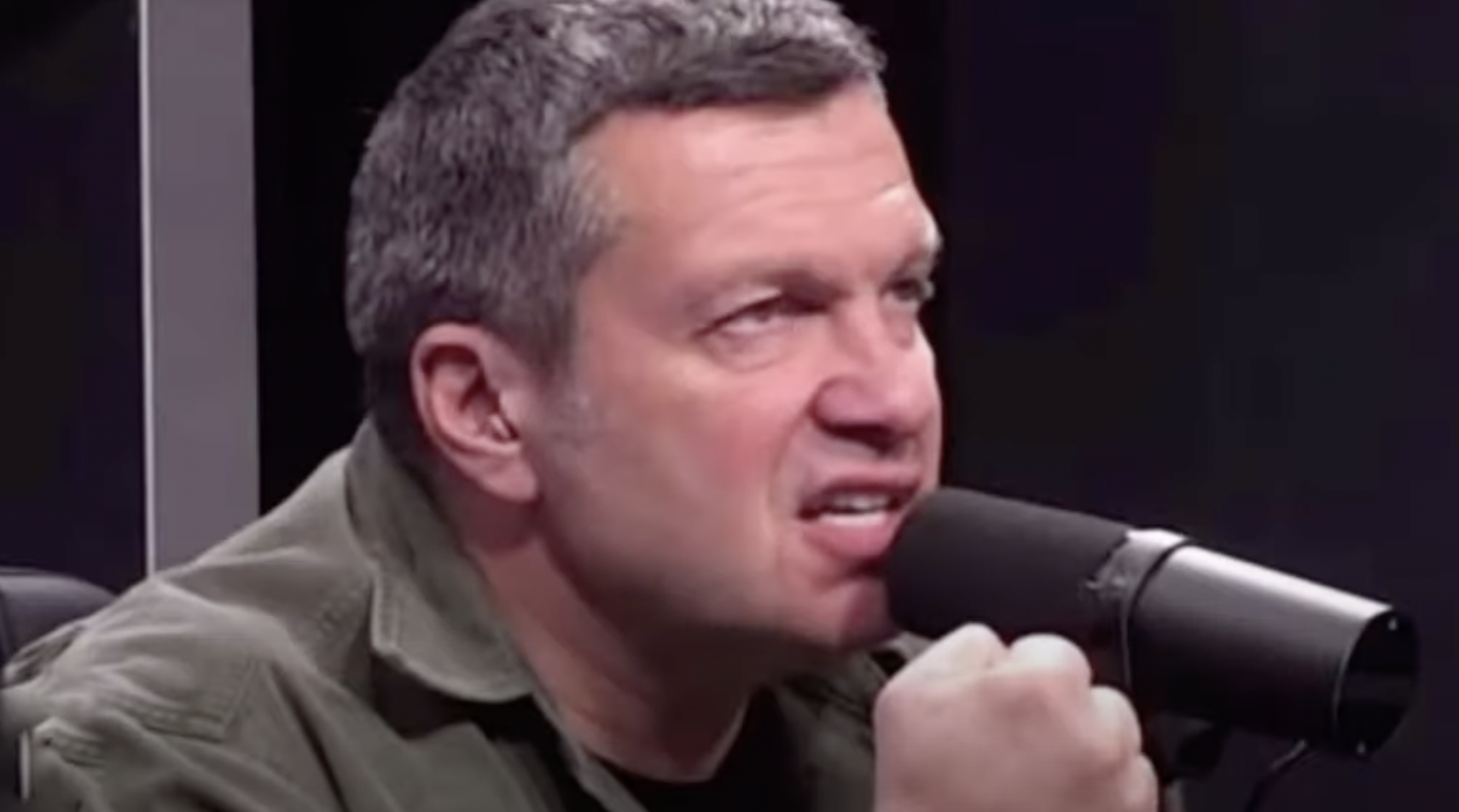
Critical pro-war bloggers
Some pro-war propagandists, however, were critical of the Russian authorities.
“This day will later be called a black day for Russia’s long-range aviation,” the pro-war blogger with the nickname Fighter Bomber wrote on Telegram.
Commenting on containers from which the Ukrainian drones were launched, Fighter Bomber wrote that “you really had to work hard to screw up and miss such containers."
“But we managed,” he added.
Fighter Bomber also quipped that they expected the Russian authorities to reward those who failed to protect the airfields rather than to punish them, alluding to the widespread nepotism and corruption in the Russian army.
Meanwhile, the pro-war blogger Starshe Eddy (“older than the Edda”) dismissed claims by other propagandists that the operation was carried out by Western intelligence rather than by Ukrainians.
“If the British, using the hands of these so-called ‘dumb’ Ukrainians, managed to hit us like this — then what should we expect from a direct confrontation with the British themselves?” the pro-war blogger said on Telegram.
“The Ukrainians are not dumb at all. They’ve been at war with us for three and a half years, carrying out subtle, clever, and daring operations. Today’s tragedy will go down in the textbooks of intelligence services — including our own."
He added that “British intelligence is directly involved in the war, but let’s not once again cover up our own failures by blaming everything on the British."
“As one wise man once said: if you publicly shit yourself, you should apologize, wash your ass, and change your clothes — not walk around a public place with your pants full of shit pretending nothing happened,” the blogger continued.
Another propagandist, Alexander Kots, urged Russians to stop distorting information about Ukrainian attacks.
“It’s important to tell the truth now, no matter how bitter it may be,” he wrote. “We’ll win the war anyway. We just have to stop lying to ourselves."
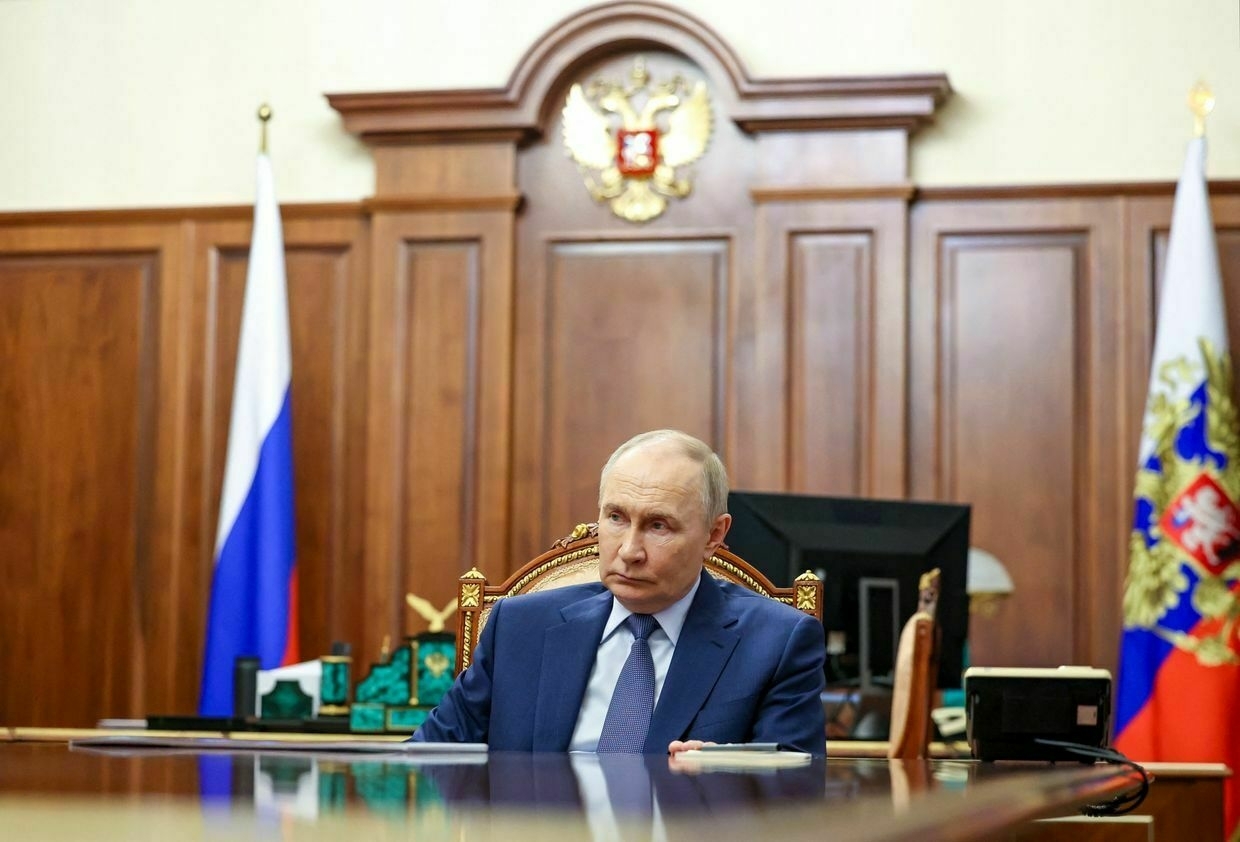
Won’t move the needle
Another group of critics of the Russian authorities' actions were the people who call themselves the opposition to Putin’s regime.
Anti-Kremlin columnist Parkhomenko said that some officials would likely be fired due to their failure to prevent the attacks, but the Kremlin would try to avoid making any public connection between such dismissals and the Ukrainian operation.
He also told the Kyiv Independent that Russia was likely to launch some revenge attacks against Ukraine.
Parkomenko believes the attacks will also have an impact on Russia’s relations with NATO countries since he thinks Western intelligence agencies likely took part in the operation.
Ukrainian President Volodymyr Zelensky has denied such claims, saying that Ukraine had carried out the attack singlehandedly without the assistance of Western intelligence services.
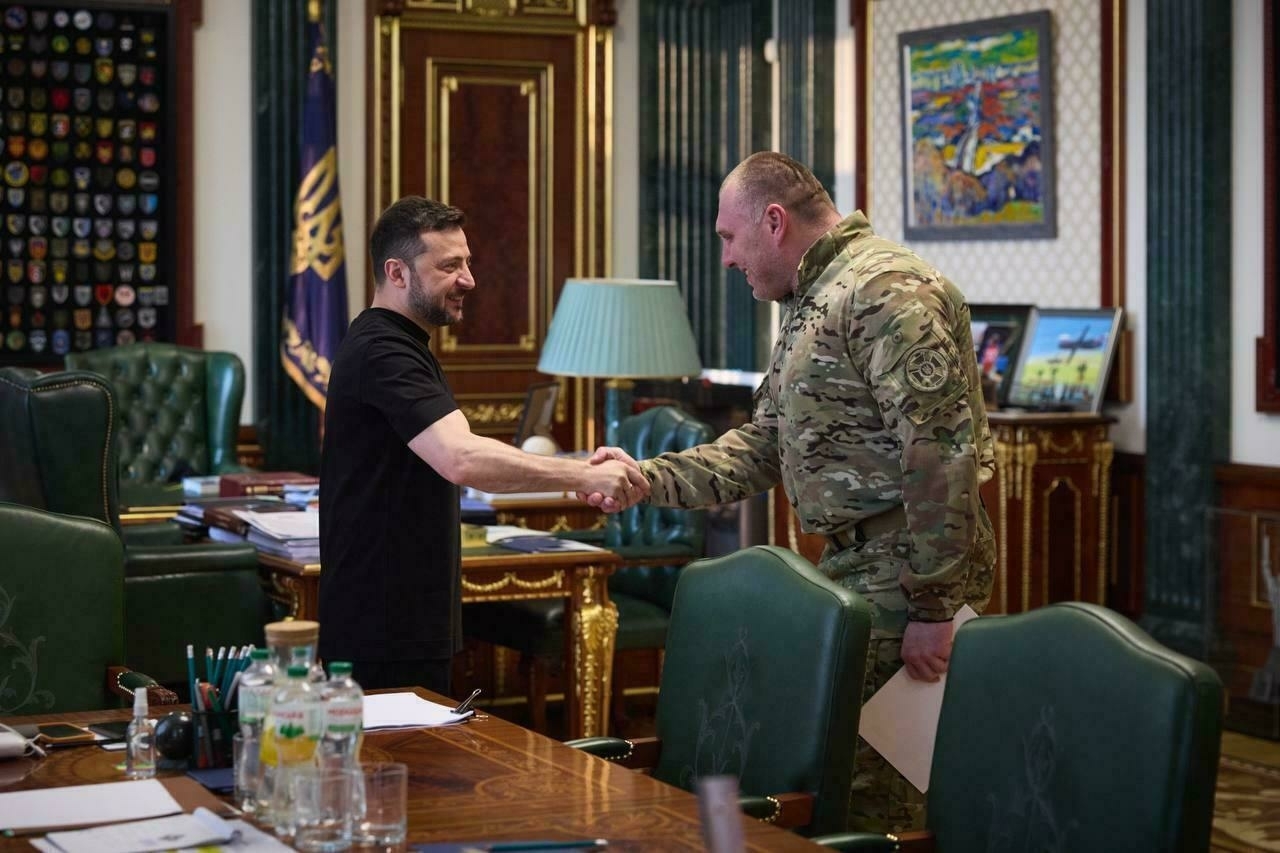
Moreover, Russia’s position in negotiations with the West has also been weakened due to the strikes, he added.
Parkhomenko said, however, that the attacks were unlikely to deal a major blow to Putin’s reputation among the population or the Russian elite.
Russian propaganda is downplaying the damage, and those who like or hate Putin are unlikely to change their opinions, Parkhomenko said.
He added that Ukraine’s unprecedented incursion into Russia’s Kursk Oblast had not had a major impact on Putin’s popularity either.
 The Kyiv IndependentFrancis Farrell
The Kyiv IndependentFrancis Farrell